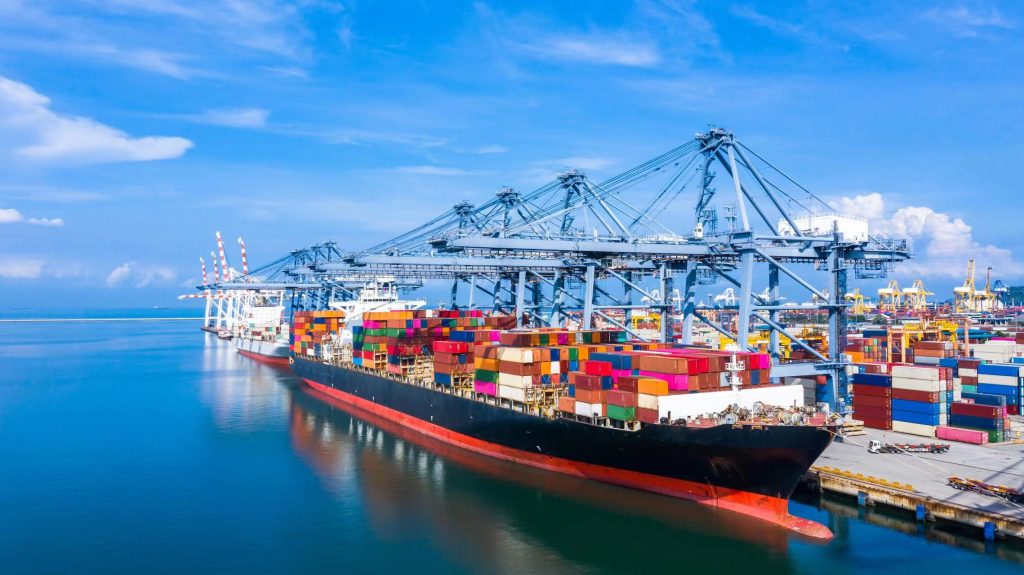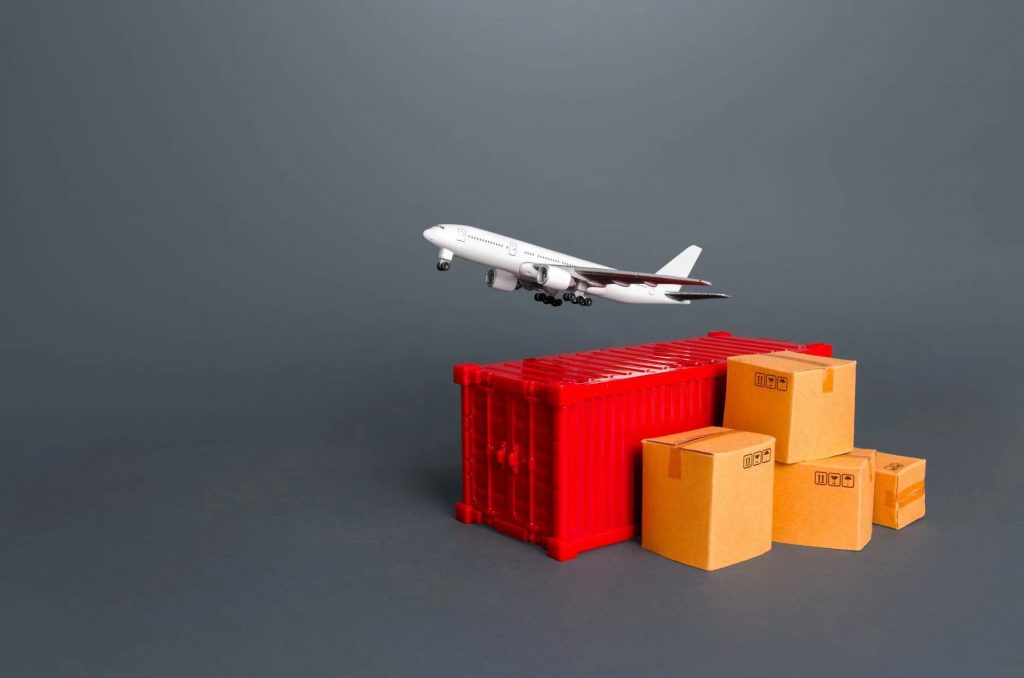
In recent years, China’s cross-border e-commerce has maintained a rapid development momentum, with nearly 10 times growth in five years. In the first quarter of this year, cross-border e-commerce continued to maintain the momentum of high-speed growth, becoming a growing foreign trade growth point.
In the first quarter, China’s foreign trade import and export achieved 4.8% growth, to achieve the “open door stable”. But the foreign trade situation is still complex and severe, facing many difficulties and challenges.
To this end, the Ministry of Commerce specially organized research, to 18 provinces and cities to carry out surveys, research, co-ordinate the current and long-term, analysis of foreign trade enterprises demand, in conjunction with the People’s Bank of China, the General Administration of Customs and other relevant departments to develop relevant policies to further optimize the structure of foreign trade, to empower enterprises to seize the opportunity to develop markets, to consolidate the economic trend to make more contributions.
Among them in the excellent structure, the Ministry of Commerce proposed a way to optimize trade. Guide enterprises to use the tax policies related to cross-border e-commerce retail exports. Second, to optimize the foreign trade development environment. Deepen the “single window” construction, to further facilitate the export tax rebate processing, and enhance the efficiency of port clearance.
First, the development of “cross-border e-commerce + industry belt”. Relying on our 165 national cross-border e-commerce pilot zones, combined with the industrial endowment and location advantages, to promote more local characteristics of products to better access the international market, that is, we do a good job in the consumer-oriented B2C business, but also to support our traditional foreign trade enterprises, through cross-border e-commerce to expand sales channels, cultivate brands, grow the scale of trade, especially for the growth of B2B business Trade scale and service capacity.

Second, build a good online comprehensive service platform. In recent years, various pilot zones are actively promoting the construction of online comprehensive service platform, the concept is “let enterprises run less legs, let the data run more”. At present, these platforms have served more than 60,000 cross-border e-commerce enterprises, about 60% of the country’s cross-border e-commerce enterprises. We also need to support and guide these cross-border e-commerce pilot zones to further optimize the function of the service platform and guide overseas warehouse enterprises to connect to the comprehensive service platform.
We strive to customs clearance, taxation, finance, overseas warehousing functions integrated in one, to achieve “a point of access, one-stop” comprehensive services, so that such a convenient integrated services can benefit all cross-border e-commerce enterprises.
Third, improve the assessment and evaluation, and promote excellence and support the strong. According to the requirements of the State Council, from 2021, the Ministry of Commerce in conjunction with the relevant departments to carry out the assessment and evaluation of the pilot areas, this year will continue to combine the new features of cross-border e-commerce development, optimize and adjust the assessment indicators, through the assessment, to guide the pilot areas to optimize the development environment, enhance the level of innovation, accelerate the cultivation of a number of backbone enterprises, so that the outstanding enterprises can grow better and faster, so as to enhance international competitiveness.
At present, the Ministry of Commerce is also preparing for our national cross-border e-commerce pilot zones to promote the work of the exchange of experience around the sharing and promotion of effective practices, so as to better play a leading role in the demonstration of outstanding pilot zones.
Fourth, to guide compliance and prevent and control risks. Actively cooperate with the State Intellectual Property Office to speed up the introduction of intellectual property protection guidelines for cross-border e-commerce, and help cross-border e-commerce enterprises understand the intellectual property situation in their target markets and do their homework in advance. As you know, the protection of intellectual property rights at the national level has become increasingly strong over the years.
In the field of cross-border e-commerce, it is necessary to exemplify the protection of IPR, eliminate counterfeit and shoddy products, and make China’s cross-border e-commerce platforms and enterprises become the home base of “real, excellent and beautiful” products.
At the same time, let cross-border e-commerce platforms and cross-border e-commerce enterprises become the spokesperson of fast fashion consumption, so as to attract more consumers, especially young consumers, and fully protect the legitimate rights and interests of global consumers.
(Source: Ministry of Commerce official website)

